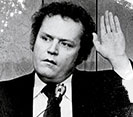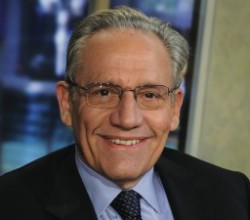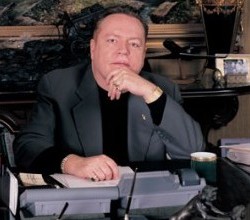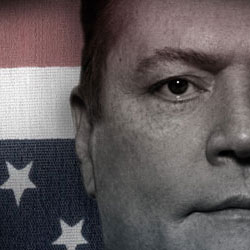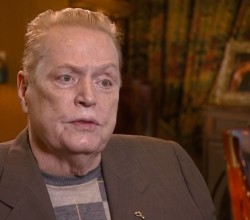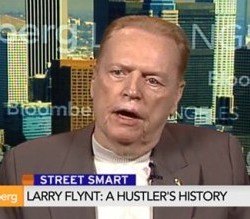From CINCINNATI.COM
Will Larry Flynt take HUSTLER public?
At age 71, Hustler founder and chairman Larry Flynt said he’s growing weary of stirring the pot.
But that doesn’t mean the chief executive of the Los Angeles-based porn empire is leaving the business soon. He wants to grow the enterprise even larger – by making it a publicly traded company
Flynt said Friday that the privately held company could go public within the next 12 to 18 months. He said the company is already working with “high powered” firms to study the possibility of an initial public offering.
“That’s no small feat,” Flynt told The Enquirer. “We’d just be able to raise a lot more money. We’re trying to decide whether to take the whole company public or just a portion of it. The decision hasn’t been made yet.”
Flynt’s company declines to disclose revenue, but he said it could be worth $500 million. Flynt opened his first Hustler club in Dayton in 1968 and the first Hustler magazine was sold 40 years ago.
A few adult entertainment companies are publicly traded but many have returned to being privately held. Playboy Enterprises was a publicly traded company before founder Hugh Hefner took the company private in 2011. Boulder, Colorado-based New Frontier Media was publicly traded before a Hustler company bought it in 2012.
Houston-based strip club and restaurant operator RCI Hospitality Holdings, formerly Rick’s Cabaret International, has been publicly traded company since 1995 and has a market capitalization of $117.2 million.
The Hustler empire includes the Hustler television network, a casino near Los Angeles, more than 60 adult websites, retail stores, a merchandise production licensing division, Hustler magazine, adult film production companies, and a Las Vegas strip club. The company employs about 1,200 people. Flynt has two Hustler Express stores in Downtown Cincinnati and a Hustler Hollywood in Monroe.
“Twenty five years ago, 85 percent of profits came from paper,” Flynt said. “Now, less than 5 percent of profits come from publishing. We’ve changed the whole economics of our company (but) we’re more sound than we were before.”
(To read full article, click here.)

